Search Results
Showing results 1001 to 1020 of 1644
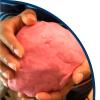
Homemade Play Dough
Source Institutions
In this sensory activity, young learners explore chemical reactions by making their own play dough from home.
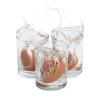
Egg Drop Trick
Source Institutions
In this activity, learners explore the real science behind an egg drop "magic trick." Learners will wow their families by harnessing gravity, friction and motion to make 3 eggs fall off of their pedes
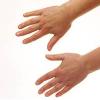
Go with the Flow
Source Institutions
In this activity, learners discover how hard their hearts work to pump blood.
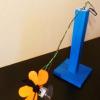
Motorized Balancing Toy
Source Institutions
In this activity, learners build a toy that flies in circles. This activity introduces learners to center of mass, torque, and rotational motion.
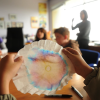
Radial Chromatography
Source Institutions
How many colors make black? Gather as many water soluble black markers as you can find.
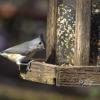
Bird Feeder Challenge
Source Institutions
In this activity, learners are challenged to build a bird feeder using recycled materials from home and are encouraged to problem solve during the extensions.
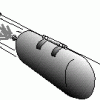
Balloon Rockets
Source Institutions
This is an activity about rockets. Learners will explore how rockets leave Earth's orbit and what it takes to make a launch successful.
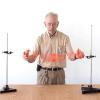
Slinky in Hand: Make waves without getting wet
Source Institutions
Play with a slinky and make transverse waves. In this simple Exploratorium Science Snack, learners will experience making waves and will learn the different parts of a wave.
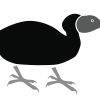
It's All About Birds
Source Institutions
In this activity, learners create their own bird species using arts and crafts materials. The bird call recordings are not online so the introduction activity can't be done, but everything else can.
Soaring Satellites
Source Institutions
Using a vertical wind tube and using simple materials, individuals and groups attempt to design a "satellite" that floats for at least 5 seconds.
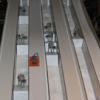
Echo Base Bobsleds
Source Institutions
The goal of this activity is to build a miniature bobsled that is either the fastest or the slowest. Learners use recycled materials to design, build, and test their bobsled on a bobsled track.
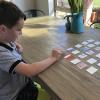
Mind-Reading Magic
Source Institutions
In this activity, learners recreate a method of detecting and correcting errors in computers called 'parity'.

Stethoscope
Source Institutions
Make a copy of the first stethoscope with only a cardboard tube! René Laennec invented the first stethoscope in 1819 using an actual paper tube!
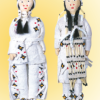
Plenty on the Plains
Source Institutions
In this activity, learners compare the ways of life of Plains Native Americans who hunted and moved frequently to follow the buffalo herds, and Native Americans who farmed and lived in more permanent
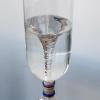
Vortex
Source Institutions
In this activity, learners create a tornado in a bottle to observe a spiraling, funnel-shaped vortex. A simple connector device allows water to drain from a 2-liter bottle into a second bottle.
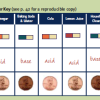
Copper Cleanup
Source Institutions
In this hands-on experiment, kids use chemistry to explore whether acids or bases are better at restoring a penny’s shine.
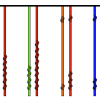
Quipus
Source Institutions
Learners create an Incan counting device called a quipu (pronounced kee-poo).
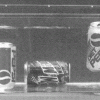
Sink or Swim?
Source Institutions
Learners observe a tank of water containing cans of diet and regular sodas. The diet sodas float and the regular sodas sink. All the cans contain the same amount of liquid and the same amount of air.
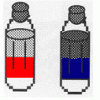
Oil and Soap
Source Institutions
Learners investigate the properties of the liquids in two bottles. One contains layers of oil and water, and one contains oil, water, and soap.
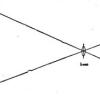
Bring it into Focus
Source Institutions
In this activity (page 2 of PDF), learners play with a lens and a piece of paper to focus an image on the paper. Learners look at different things, and see how the lenses affect the image.
